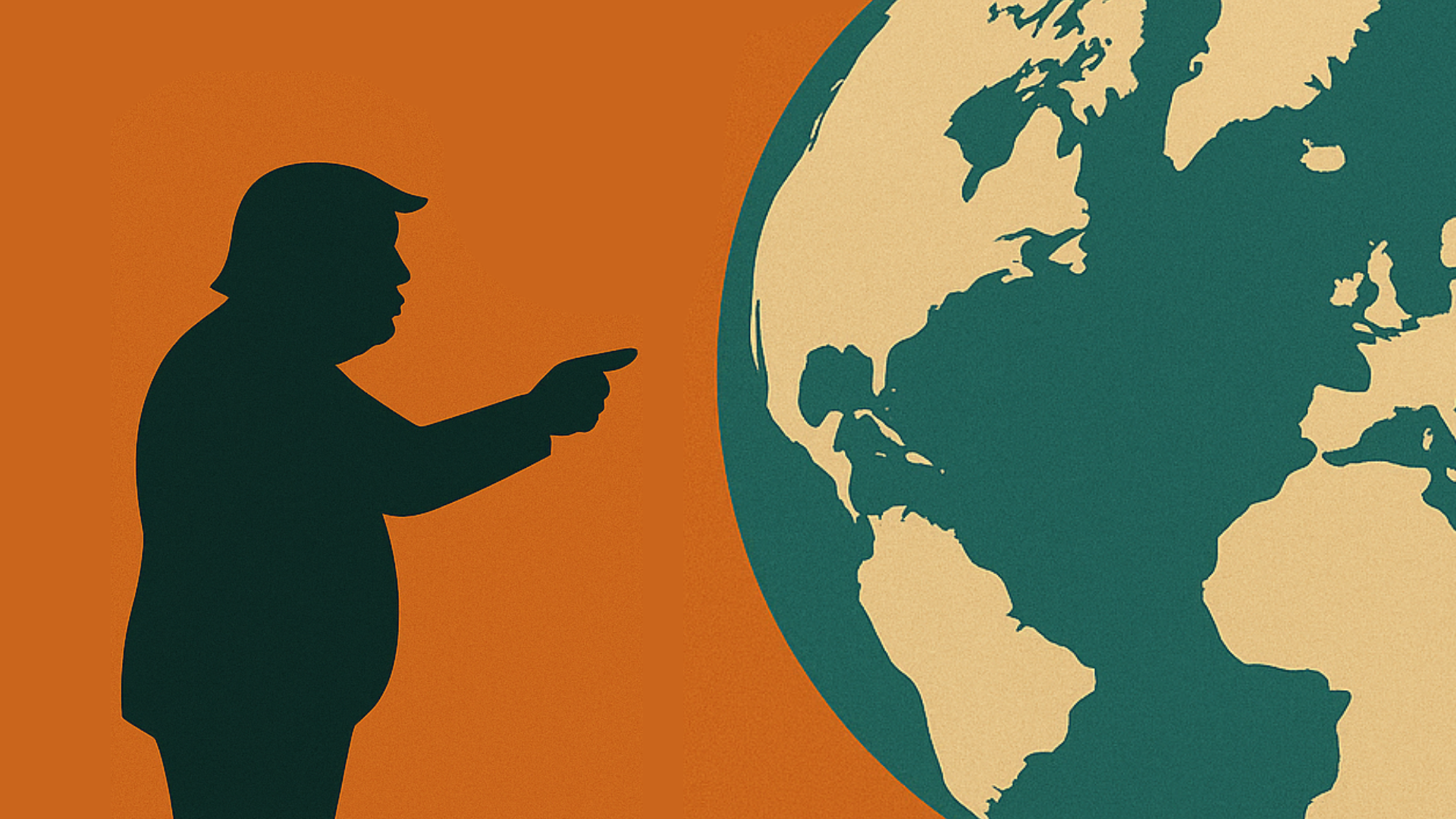Benjamin Bryce is an assistant professor of history at the University of British Columbia. Get to know him (and his research) in our new Q&A!
Tell me about your research. What are you currently working on?


Dr. Benjamin Bryce
One thing I am working on right now is a project about immigration restriction in Argentina at the turn of the twentieth century. I stumbled into this when researching a project about health and immigration. I discovered a pretty significant diplomatic row between Argentine and British officials about a group of Punjabi labourers who came to the country just before the First World War.
That led to two articles about South Asian and Japanese immigration and restriction in Argentina, and I just finished a draft of an article about a group of Punjabis who subsequently left Buenos Aires for London. In that article, I hope to show that these Punjabi men repeatedly weighed their options and pursued opportunities for advancement, often taking advantage of their imperial subjecthood to do so.
British officials, missionaries, and philanthropists in London, however, saw this group of men from Argentina as particularly concerning. The longer these Punjabis spent in Britain, the more the United Kingdom resembled exclusionary societies in the Americas and the more these workers made evident the restrictions to South Asian mobility enforced elsewhere.
That original focus on race-based exclusion will hopefully lead to a bigger book project about race, gender, and ability. Alongside efforts to exclude some people based on race or ethnicity, Argentine officials and nationalist thinkers in the early twentieth century also worried about the arrival of unmarried women, people with disabilities, and workers in ill health. All of these groups were prevented or discouraged from boarding ships bound for Buenos Aires, denied entry to the country, or excluded from the social and civic rights afforded to most other immigrants.
What draws you to this research and area(s) of study? What are major influences in your life that motivated you to take on this research?
Since my Master thesis I have been interested in questions of migration in the Americas, and in particular Argentina and Canada. This current project about exclusion is largely a development from previous projects that looked at European immigration and questions of inclusion and belonging. I went to high school in Argentina for a year, and I lived there again when working on my PhD thesis. So my interest in Argentina has now been with me for more than half my life.
Can you tell me about the book you’re currently working on?
I have a co-edited book entitled Race and Transnationalism in the Americas coming out in March 2021. The volume asks what the place of the nation-state is in transnational scholarship. It forces authors and readers to situate their thinking about race outside the narrow confines of the nation-state. Because nation-states are often the authors of legal regimes that codify racial categories, scholars of race are often drawn to institutions and practices that produce race within specific legal and textual communities. More than this, because racial categories are generated through reference to the “other,” the national community is often a good place to start for understanding race as a concept. That book argues that transnational forces have fundamentally shaped visions of racial difference and ideas of race and national belonging throughout the Americas, from the late nineteenth century to the present.
Why is it important to analyze the concept of “citizenship” and what does it mean for us today to have that concept be malleable or changeable?
Citizenship has been a concept that runs through much of my work. My first book was about German-speaking immigrants in Buenos Aires before 1930 and how they, their children, and other Argentines had different ideas about what it meant to to belong and to be a citizen in Argentina. Around the same time, I also worked on another co-edited book, called Making Citizens in Argentina.
That is where we argued that citizenship was malleable. Throughout the century, citizenship – as a concept invoked by diverse groups of people – has meant much more than voting rights or nationality. It defined people’s relationship with the state and their expectations about that state. It also shaped the rights and duties of not only Argentines but also foreign nationals living in the country.
What does that mean today? It is worth noting how the rights, duties, and benefits of citizenship can change. Perhaps that than can mobilize us to push for more or defend what we have. The services we get and expect from the government (education, health, mobility rights, unemployment support, protection from discrimination, cellphone regulation, etc.) were not the same as the things that people got in the past. Few of those things were among the rights of citizens in Canada or elsewhere in 1880.


